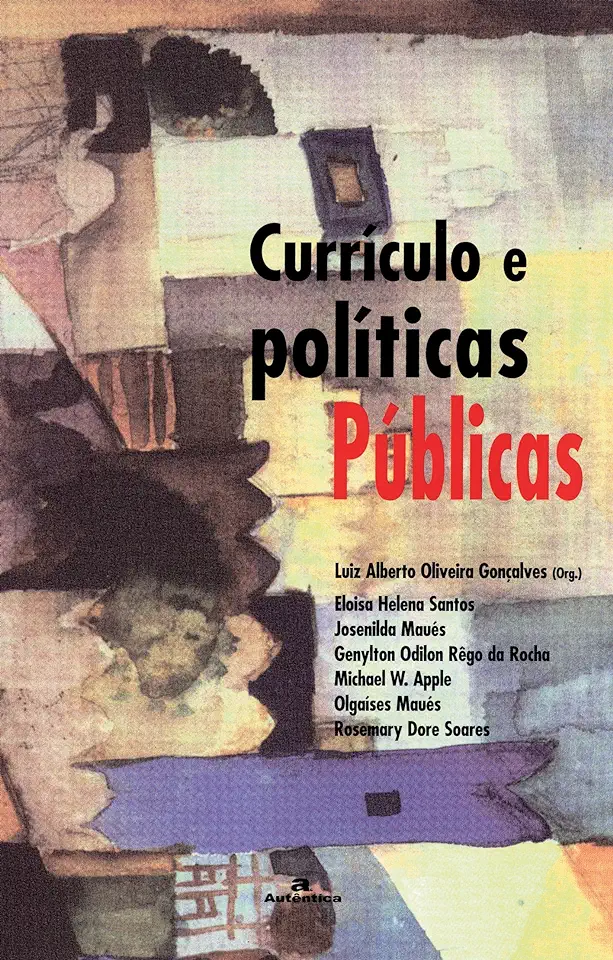
Curriculum and Public Policies - Luiz Alberto Oliveira Gonçalves
Curriculum and Public Policies: A Critical Approach
Luiz Alberto Oliveira Gonçalves' book, Curriculum and Public Policies, offers a critical analysis of the relationship between curriculum and public policies in education. Gonçalves argues that curriculum is not simply a neutral tool for transmitting knowledge, but rather a powerful instrument that can be used to shape society and promote particular interests. He examines how curriculum policies are developed and implemented, and how they impact the lives of students and teachers.
Curriculum as a Political Tool
Gonçalves begins by arguing that curriculum is not simply a technical matter, but rather a political one. He shows how curriculum policies are often shaped by the interests of powerful groups in society, such as governments, corporations, and religious organizations. These groups use curriculum to promote their own values and perspectives, and to marginalize those of others.
For example, Gonçalves discusses how the Brazilian government has used curriculum policies to promote national unity and social cohesion. The government has mandated that all schools teach a standardized curriculum that emphasizes Brazilian history, culture, and values. This curriculum has been criticized by some for being too narrow and for neglecting the diversity of Brazilian society.
The Impact of Curriculum Policies
Gonçalves goes on to examine the impact of curriculum policies on the lives of students and teachers. He shows how curriculum policies can shape students' knowledge, skills, and values. They can also affect students' opportunities for success in school and in the workplace.
For example, Gonçalves discusses how the emphasis on standardized testing in the United States has led to a narrowing of the curriculum and a focus on basic skills. This has left students with less time to learn about other subjects, such as social studies, art, and music. It has also made it more difficult for students from disadvantaged backgrounds to succeed in school.
Curriculum Reform
Gonçalves concludes by calling for curriculum reform. He argues that curriculum should be developed in a democratic way, with input from all stakeholders. He also argues that curriculum should be relevant to the needs of students and society, and that it should promote critical thinking and social justice.
Curriculum and Public Policies is a powerful and provocative book that challenges the way we think about curriculum. Gonçalves' analysis is based on a wealth of research, and he provides a clear and accessible explanation of complex issues. This book is essential reading for anyone interested in education policy and social justice.
Key Concepts
- Curriculum is not simply a neutral tool for transmitting knowledge, but rather a powerful instrument that can be used to shape society and promote particular interests.
- Curriculum policies are often shaped by the interests of powerful groups in society, such as governments, corporations, and religious organizations.
- Curriculum policies can have a significant impact on the lives of students and teachers. They can shape students' knowledge, skills, and values, and they can affect students' opportunities for success in school and in the workplace.
- Curriculum reform is needed to ensure that curriculum is developed in a democratic way, that it is relevant to the needs of students and society, and that it promotes critical thinking and social justice.
Why You Should Read This Book
Curriculum and Public Policies is a must-read for anyone interested in education policy and social justice. Gonçalves' analysis is based on a wealth of research, and he provides a clear and accessible explanation of complex issues. This book will challenge the way you think about curriculum, and it will inspire you to fight for a more just and equitable education system.